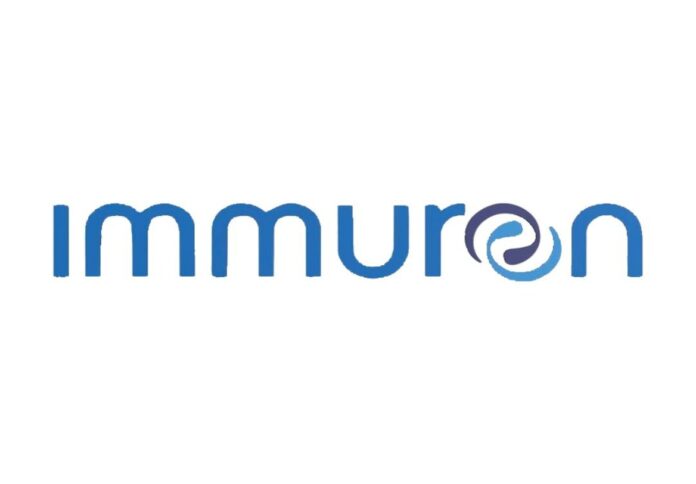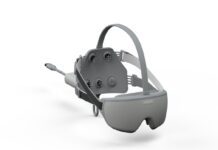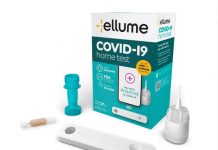
Immuron, an Australia-based biopharmaceutical company, is slated to move forward with the clinical evaluation of a new oral therapeutic targeting Campylobacter and Enterotoxigenic Escherichia coli (ETEC) following approval from the US Food and Drug Administration (FDA).
The ASX-listed company claimed that the FDA’s approval was contingent upon Immuron’s partner, the US Naval Medical Research Centre (NMRC), resolving any clinical hold concerns before trials could move forward.
Immuron and the NMRC are now set to conduct two human Phase 1 clinical trial with the novel Campylobacter ETEC Therapeutic under an investigational new drug (IND) application.
Immuron said two controlled human infection-model clinical trials will be used to test the product’s safety and efficacy in preventing infections.
The first trial will look at how well the hyperimmune product can shield volunteers from ETEC infections, and the second trial will look at moderate to severe campylobacteriosis.
The randomised, placebo-controlled trials will include 60 participants who will be randomly assigned to either Cohort 1 ETEC or Cohort 2 C. jejuni controlled human infection models after being split into two inpatient groups.
ETEC and C. jejuni are significant causes of diarrhoea, affecting 30 per cent to 70 per cent of travellers depending on place and season.
The initial clinical trial will take place at the Johns Hopkins University (JHU) Center for Immunisation Research (CIR) Inpatient Unit, which is located on the Johns Hopkins Bayview Medical Campus.
The study will include 30 healthy individuals (males or non-pregnant, non-nursing females) ranging in age from 18 to 50 years.
The Australian biopharmaceutical company emphasised that infectious diarrhoea is the most typical ailment reported by tourists visiting underdeveloped nations and by US service members stationed abroad.
According to the company, diarrhoea’s morbidity and accompanying discomfort reduce daily productivity, impair judgment, lower morale, and reduce operational preparedness.
Antibiotics are typically prescribed as the first line of treatment for infectious diarrhoea, however, a number of bacteria have evolved drug resistance.
As a result, preventative medicine that guards against enteric illnesses is a top goal for the US military.




















